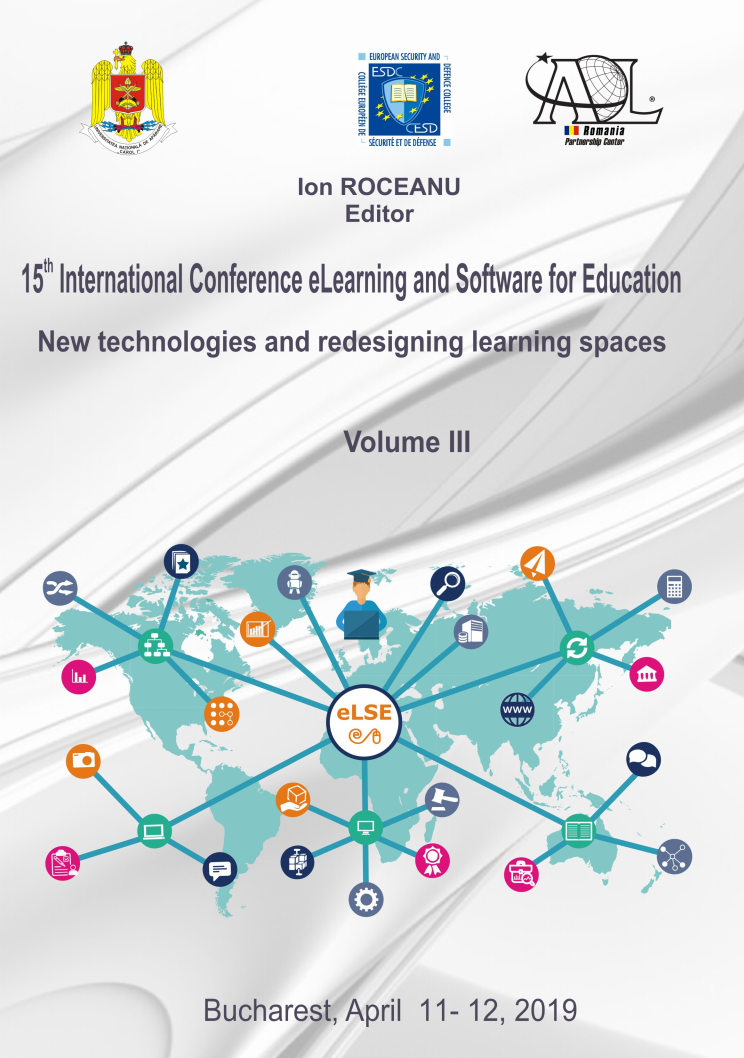Millennials and the Need for Adapting e-Learning Methods for Business Performance – a Case Study
Millennials and the Need for Adapting e-Learning Methods for Business Performance – a Case Study
Author(s): Cătălin Ionuţ Silvestru, Gabriela MEHEDINŢU, Ramona Camelia Silvestru (Bere), Vasilica-Cristina IcociuSubject(s): Social Sciences, Education, Higher Education
Published by: Carol I National Defence University Publishing House
Keywords: e-learning; millennials; business performance;
Summary/Abstract: As millennials, in general, are digital natives, we make the assumption that they have other learning competencies and expectations and are more attracted to digital and exciting learning methods. In this context, when looking at them as new employees, there arises the discussion within companies regarding the level of adapting the learning methods for on-the-job training. For these reasons, companies need to gradually introduce training practices based on e-learning, whose results are visible and quantifiable, after the training period, through the gained employee performance. Based on these aspects, we conduct a case study, from the perspectives of the trainee and of the manager, focusing on efficiency of the e-learning methods implemented in a company in view of enabling skills development during on-the-job training, on the possible improvements, with taking into account specificities in learning among millennials and company policies. The case study is conducted on digital learning in a niche German speaking financial department in a large company (with over 1000 employees) from Romania, with a high turnover rate among millennials, for which one of the reasons is that the training period with less attractive classic on-the-job training methods are no more attractive for young employees. The methodology combines quantitative and qualitative approaches, with online survey conducted among the employees who used the e-learning, while the qualitative approach involves conducting direct individual semi-structured interviews with their managers. As a result of our research, we can make recommendations regarding better adaptation and development of upcoming on-the-job training methods using e-learning, with taking into account the employee’s requirements. Moreover, based on the research results regarding the company’s practices in the small analyzed target group, proposals may be provided for the company in relation to possible expansion of the e-learning within on-the-job-training in other departments, to reach an overall higher performance level.
Journal: Conference proceedings of »eLearning and Software for Education« (eLSE)
- Issue Year: 15/2019
- Issue No: 03
- Page Range: 225-231
- Page Count: 7
- Language: English

